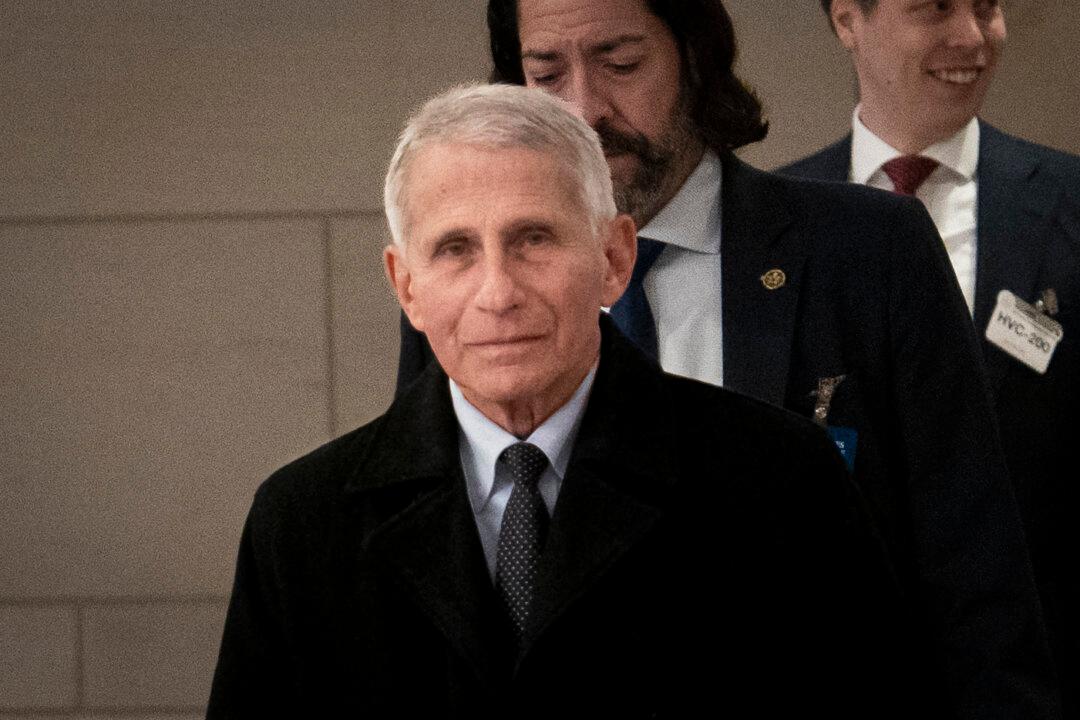Commentary
Earlier this month, former NIAID director Anthony Fauci endured a two-day grilling under oath by members of the House Select Subcommittee on the Coronavirus Pandemic.

Earlier this month, former NIAID director Anthony Fauci endured a two-day grilling under oath by members of the House Select Subcommittee on the Coronavirus Pandemic.